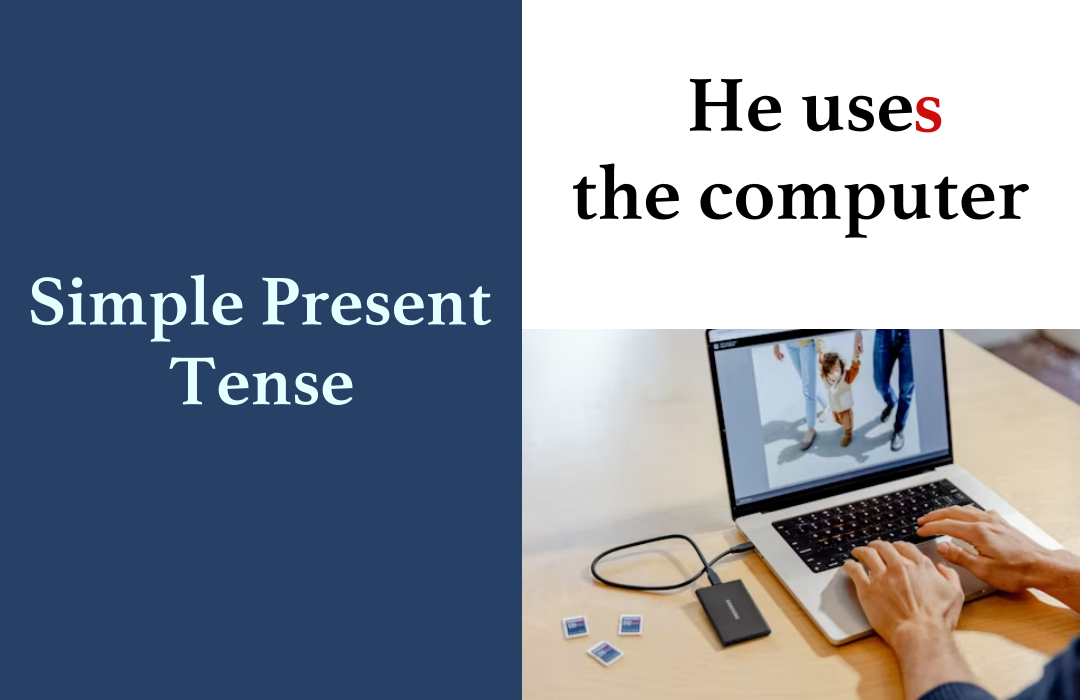1. Forms
| Affirmative | Negative ( not) | Interrogative( Question) |
| Rule: Subject+ had+ been+ verb+ ing | RuleSubject+ had+ not+ been+ verb+ ing | Rule Had+ Subject+ been+ verb+ ing? |
| – I had been revising my lessons -You had been working – He had been playing – She had been listening to pop music – It had been taking another step forward – We had been hitchhiking -You had been thinking – They had been defending human rights | -I had not been revising my lessons -You had not been working – He had not been playing – She had not been listening to pop music – It had not been taking another step forward – We had not been hitchhiking – You had not been thinking – They had not been defending human rights | – Had I been revising my lessons? -Had you been working? – Had he been playing? – Had she been listening to pop music? – Had it been taking another step forward? – Had we been hitchhiking? – Had you been thinking? – Had they been defending human rights? |
2. Uses
- Past perfect continuous/ progressive is used to talk about an action in progress that started in the past and continued up to another action or time in the past. The focus is on “the duration” or “how long “between the first action and the second in the past.
- Examples
. The students deserved a holiday because they had been studying very hard for 3 months
Thank you for reading this post, don't forget to subscribe!I had been working at the company for five years when I got the promotion.
- Past Perfect continuous is also used to express a result of the long action at a time in the past. This result is not experienced in the moment of the second action ( past simple)
- Examples
The pavement was wet, it had been raining. (It means the moment you arrived you found that the pavement was wet and you concluded that it was raining before)
The room was messy because the kids had been playing! ( The result of the messy room the moment you got there and the cause was that your kids were playing there)
3. Exercises








